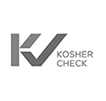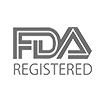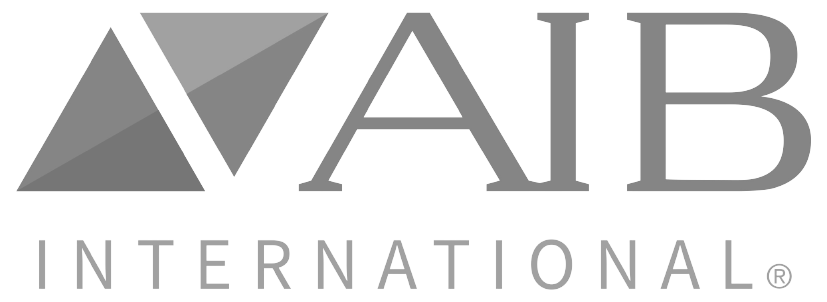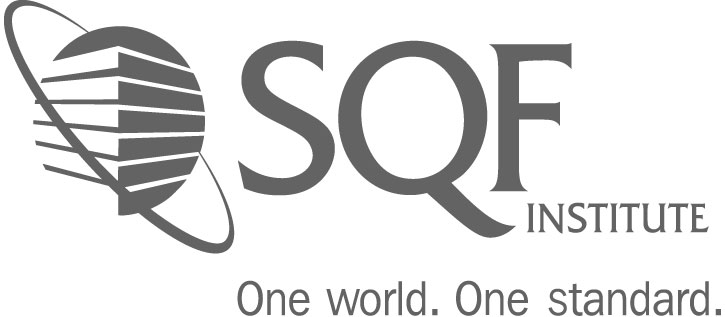Jump to:

 While flavor is certainly a defining factor of high-quality coffee, consumers seeking the best brews are also concerned with the quality of sourcing for their coffee. Coffee lovers know that the origin of coffee beans impacts their flavor notes, as well as how ethical and sustainable that coffee is. With the rise of “Third Wave Coffee,” consumers want to be assured that the coffee they purchase is produced ethically from sustainable farms where the farmers are properly compensated for their work. To be able to provide this information and assurance to your customers, you need a supply chain you can trust. Monitoring your coffee supply chain from start to finish enables you to certify that your coffee has the qualities that are important to your customers, such as being organic, sustainable or fair trade.
By working closely with farmers to ensure ethical coffee bean production, your company is also able to implement quality controls at every level of the process. A vertically integrated supply chain allows brands to monitor their coffee supply from bean to bag for the best-tasting coffee. Companies that work directly with coffee farmers can also help implement best practices for growing coffee plants to yield the highest quality beans.
Another major factor of the supply chain that influences the quality of coffee beans is the number of different facilities in which beans are processed, roasted or ground once they arrive in the U.S. When beans for the same brand are roasted in many different facilities, it is much more difficult to ensure consistency of the flavor profile and quality across locations. Quality control during the grinding process is also essential as the coarseness of the grind affects the quality of the flavor when the coffee is brewed. When beans are packaged, they must be weighed consistently, especially for single-use capsules where the amount of coffee determines the strength or weakness of the cup of coffee brewed. When coffee beans are roasted, ground and packaged in a single facility, quality controls are easier to monitor to produce the best cup of coffee every time at every distribution location.
While flavor is certainly a defining factor of high-quality coffee, consumers seeking the best brews are also concerned with the quality of sourcing for their coffee. Coffee lovers know that the origin of coffee beans impacts their flavor notes, as well as how ethical and sustainable that coffee is. With the rise of “Third Wave Coffee,” consumers want to be assured that the coffee they purchase is produced ethically from sustainable farms where the farmers are properly compensated for their work. To be able to provide this information and assurance to your customers, you need a supply chain you can trust. Monitoring your coffee supply chain from start to finish enables you to certify that your coffee has the qualities that are important to your customers, such as being organic, sustainable or fair trade.
By working closely with farmers to ensure ethical coffee bean production, your company is also able to implement quality controls at every level of the process. A vertically integrated supply chain allows brands to monitor their coffee supply from bean to bag for the best-tasting coffee. Companies that work directly with coffee farmers can also help implement best practices for growing coffee plants to yield the highest quality beans.
Another major factor of the supply chain that influences the quality of coffee beans is the number of different facilities in which beans are processed, roasted or ground once they arrive in the U.S. When beans for the same brand are roasted in many different facilities, it is much more difficult to ensure consistency of the flavor profile and quality across locations. Quality control during the grinding process is also essential as the coarseness of the grind affects the quality of the flavor when the coffee is brewed. When beans are packaged, they must be weighed consistently, especially for single-use capsules where the amount of coffee determines the strength or weakness of the cup of coffee brewed. When coffee beans are roasted, ground and packaged in a single facility, quality controls are easier to monitor to produce the best cup of coffee every time at every distribution location.


- Your Customers Depend on Your Supply Chain
- Your Supply Chain Affects the Quality of Your Product
- Your Supply Chain Can Save You Time
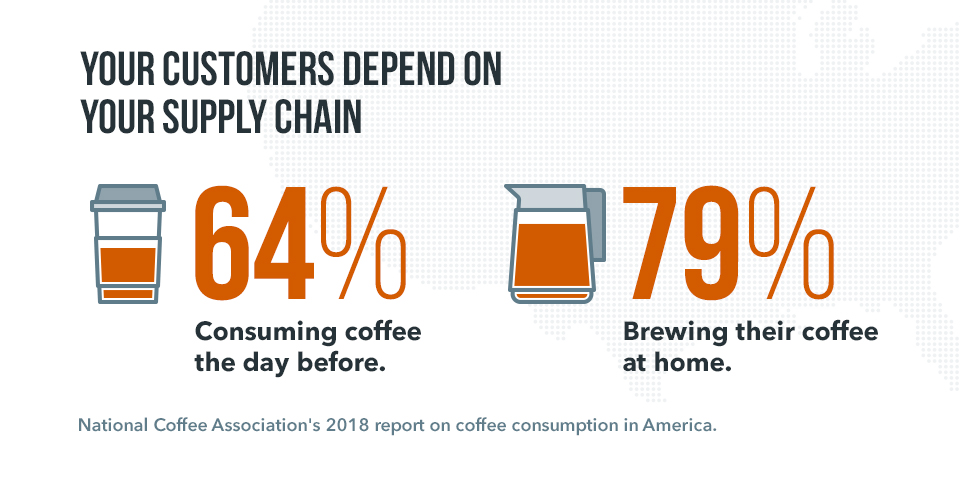
1. Your Customers Depend on Your Supply Chain
According to the National Coffee Association’s 2018 report on coffee consumption in America, around 64% of people reported consuming coffee the day before. This shows a steady increase in the number of daily coffee drinkers in recent years, with the majority of coffee drinkers —about 79% — brewing their coffee at home. These home-brewers rely on finding their favorite products on the shelf and available in their preferred brewing method to continue fulfilling their coffee demand.Keeping up with the high demand for coffee and increasing versatility of brewing methods requires a strong supply chain that is tailored to your clientele. A consumer with a drip coffee machine, approximately 63% of home brewers, will not be able to enjoy your products if they are only available in single-serve cups, and coffee drinkers with single-cup machines, reportedly 41% of people, will seek your products in cups for Keurig or pods for Nespresso. A supply chain with a focus on inventory management is essential to continuing to provide your consumers with the coffee they love. When coffee consumption trends change, a versatile coffee supply chain will allow you to adapt to new demands. Ensuring your supply chain can provide the right products to the right people makes your company one that customers can depend on. However, as demand for coffee continues to rise, problems in the supply chain can threaten your ability to provide the high-quality roasts your customers love. Environmental factors in countries where coffee is grown can have a major impact on coffee production. The equatorial region where coffee is grown is susceptible to hurricanes, tsunamis and other natural disasters that devastate coffee farms. When Hurricane Maria devastated Puerto Rico in 2017, it destroyed half of the island’s coffee plants and cost the agriculture industry tens of thousands of dollars. Climate change is also projected to greatly reduce the areas that are viable for growing coffee in the next few decades. These environmental factors can cause shortages in coffee bean production that prevent your company from providing to consumer demands. As the environment changes and farmers are at risk of crop damage from natural disasters, your supply chain must be resilient enough to adapt. When importers work directly with farmers in their supply chain, they can provide tools to help farmers as growing conditions for coffee become less ideal. Training on smart agricultural practices and how to relocate farms to higher elevations allows coffee farmers to increase their yields and produce a healthier, more sustainable crop. When farmers understand risk management, they are less likely to lose crops to diseases or experience product contamination during processing. If natural disasters strike, importers can provide credit to farmers so they can replant crops and continue producing high-quality coffee beans. Good growing practices help to maintain coffee bean supply, which prevents spikes in cost for importers. This allows you to provide consistent prices your consumers can rely on. Streamlining your supply chain by working with growers also allows you to cut costs for consumers, so they can rely on you for affordable and high-quality coffee. A reliable supply chain is essential for ensuring your products hit the shelves — and fill your customers’ mugs — in a timely manner to keep up with the growing demand for coffee.Learn More About Our Contract Manufacturing Services
2. Your Supply Chain Affects the Quality of Your Product
In recent years there has been increased emphasis on coffee as an art, rather than simply a source of caffeine fuel. With innovative brewing techniques and more transparency of the growing and roasting process, consumers care about where their coffee comes from, how it is produced and, most importantly, how it tastes. In fact, the 2017 NCA report on National Coffee Drinking Trends showed an increase in the number of people drinking specialty coffee, with gourmet coffee making up 59% of coffee consumed daily in America. People are demanding more from their morning buzz, meaning coffee suppliers must also focus on producing higher quality coffee.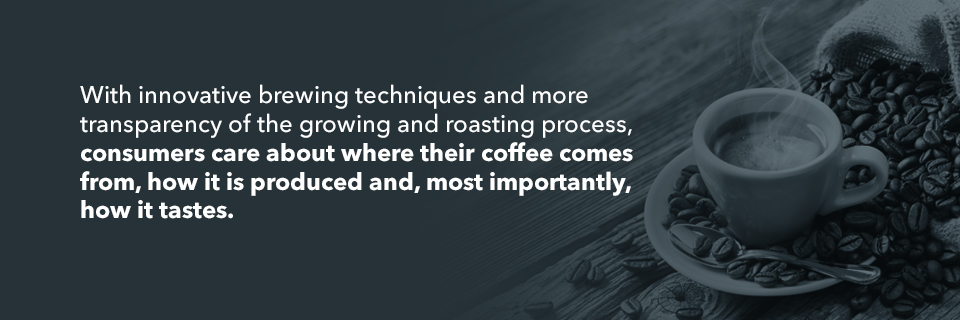 While flavor is certainly a defining factor of high-quality coffee, consumers seeking the best brews are also concerned with the quality of sourcing for their coffee. Coffee lovers know that the origin of coffee beans impacts their flavor notes, as well as how ethical and sustainable that coffee is. With the rise of “Third Wave Coffee,” consumers want to be assured that the coffee they purchase is produced ethically from sustainable farms where the farmers are properly compensated for their work. To be able to provide this information and assurance to your customers, you need a supply chain you can trust. Monitoring your coffee supply chain from start to finish enables you to certify that your coffee has the qualities that are important to your customers, such as being organic, sustainable or fair trade.
By working closely with farmers to ensure ethical coffee bean production, your company is also able to implement quality controls at every level of the process. A vertically integrated supply chain allows brands to monitor their coffee supply from bean to bag for the best-tasting coffee. Companies that work directly with coffee farmers can also help implement best practices for growing coffee plants to yield the highest quality beans.
Another major factor of the supply chain that influences the quality of coffee beans is the number of different facilities in which beans are processed, roasted or ground once they arrive in the U.S. When beans for the same brand are roasted in many different facilities, it is much more difficult to ensure consistency of the flavor profile and quality across locations. Quality control during the grinding process is also essential as the coarseness of the grind affects the quality of the flavor when the coffee is brewed. When beans are packaged, they must be weighed consistently, especially for single-use capsules where the amount of coffee determines the strength or weakness of the cup of coffee brewed. When coffee beans are roasted, ground and packaged in a single facility, quality controls are easier to monitor to produce the best cup of coffee every time at every distribution location.
While flavor is certainly a defining factor of high-quality coffee, consumers seeking the best brews are also concerned with the quality of sourcing for their coffee. Coffee lovers know that the origin of coffee beans impacts their flavor notes, as well as how ethical and sustainable that coffee is. With the rise of “Third Wave Coffee,” consumers want to be assured that the coffee they purchase is produced ethically from sustainable farms where the farmers are properly compensated for their work. To be able to provide this information and assurance to your customers, you need a supply chain you can trust. Monitoring your coffee supply chain from start to finish enables you to certify that your coffee has the qualities that are important to your customers, such as being organic, sustainable or fair trade.
By working closely with farmers to ensure ethical coffee bean production, your company is also able to implement quality controls at every level of the process. A vertically integrated supply chain allows brands to monitor their coffee supply from bean to bag for the best-tasting coffee. Companies that work directly with coffee farmers can also help implement best practices for growing coffee plants to yield the highest quality beans.
Another major factor of the supply chain that influences the quality of coffee beans is the number of different facilities in which beans are processed, roasted or ground once they arrive in the U.S. When beans for the same brand are roasted in many different facilities, it is much more difficult to ensure consistency of the flavor profile and quality across locations. Quality control during the grinding process is also essential as the coarseness of the grind affects the quality of the flavor when the coffee is brewed. When beans are packaged, they must be weighed consistently, especially for single-use capsules where the amount of coffee determines the strength or weakness of the cup of coffee brewed. When coffee beans are roasted, ground and packaged in a single facility, quality controls are easier to monitor to produce the best cup of coffee every time at every distribution location.
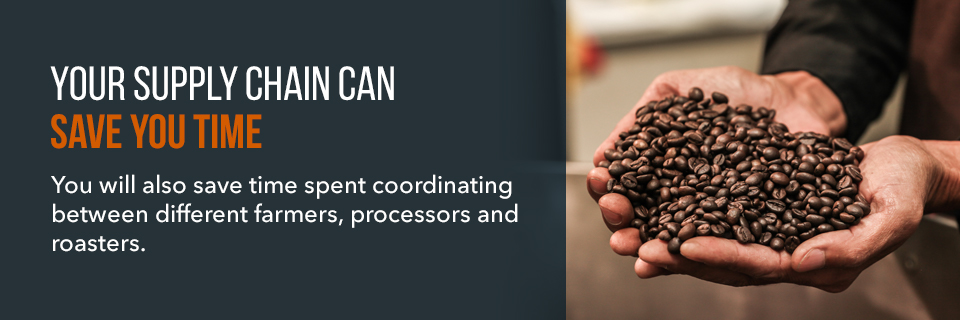
3. Your Supply Chain Can Save You Time
Because of its globalized supply and multi-level processing, the coffee supply chain is often fragmented with many links and intermediaries from the coffee tree to your customer’s mug. Coffee farmers often farm small areas of land, meaning most companies must source from several farmers to receive the quantity and variety of beans they need. In addition, not all coffee farmers are able to process and mill their own beans, meaning they must travel to another location before they are ready to be exported. Ideally, coffee beans should be shipped within several weeks of being harvested and processed, but it can often take longer for beans to leave their country of origin. Once beans are loaded onto container ships, it may take months for the beans to arrive in the U.S. Coffee beans can then be held at the U.S. port for a few weeks before heading out to roasters. The delays caused by coffee beans trading hands many times before reaching importers impacts the freshness of the beans as well as how quickly you can supply them to your customers. If you are ordering a new variety of bean from a grower, you will not want to wait months before you are able to provide that new blend to your consumers. A streamlined supply chain will save transport time and help get coffee beans from the tree to your company faster. You will also save time spent coordinating between different farmers, processors and roasters. When your beans arrive in the U.S., your shipping processes also play a factor in turn time for your product. When your products must be moved and distributed between multiple warehouses, it cannot be sent to consumers as quickly. Having a single central warehouse with smaller local facilities can often allow more next-day shipping and a generally faster turn-around time. To maximize the benefits of a streamlined supply chain, you must also implement proper technology for tracking your products during both production and distribution. Ensure that your products move in a timely manner between roasters, grinders and packagers if you are not working with a comprehensive coffee supplier. Once your product is packaged and ready to ship, your company must have a strong inventory management system so you can make smart ordering decisions that save you time and ensure you are putting the right products on the shelves. With a good logistics system in place, your customers will always be able to find their favorite coffees fresh and ready for purchase.Learn More About Our Contract Manufacturing Services
Joe’s Garage Coffee Is a Trustworthy Private Label Coffee Partner
Joe’s Garage Coffee can ensure the highest quality coffee products for your business through our streamlined process and services to fit your needs. Whether you are seeking specialized roasted beans or co-packing services for your coffee, Joe’s Garage Coffee can provide fast, quality service. Here are a few ways that we distinguish ourselves as the leading private label coffee supplier.- Outstanding Service
- Superior Quality
- Low Minimums
- Fast Turns
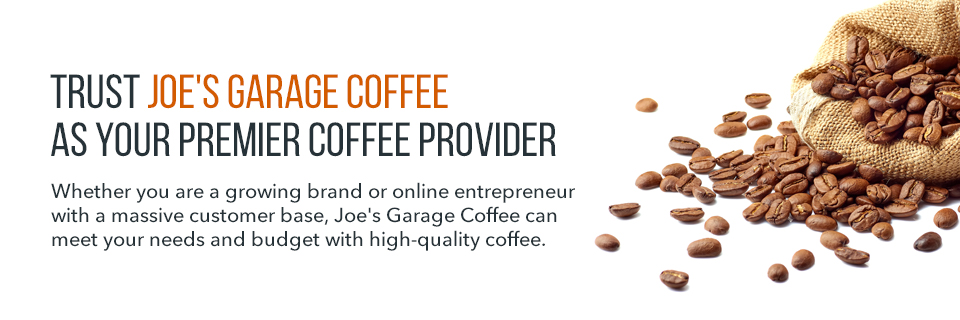
Trust Joe’s Garage Coffee as Your Premier Coffee Provider
Having a coffee supply chain you trust means never having to worry about your popular products being out of stock or missing out on the highest quality coffee beans. A good supply chain allows you to fulfill your customer’s coffee desires and enjoy your coffee as much as they please. Joe’s Garage Coffee is a leading private label coffee supplier for a reason — our adaptable programs will reliably provide for your company’s coffee needs. Whether you are a growing brand or online entrepreneur with a massive customer base, Joe’s Garage Coffee can meet your needs and budget with high-quality coffee. Contact us for your pricing and minimums, or to chat about how we can help you provide the best coffee to your customers.Explore Our Contract Manufacturing Services




